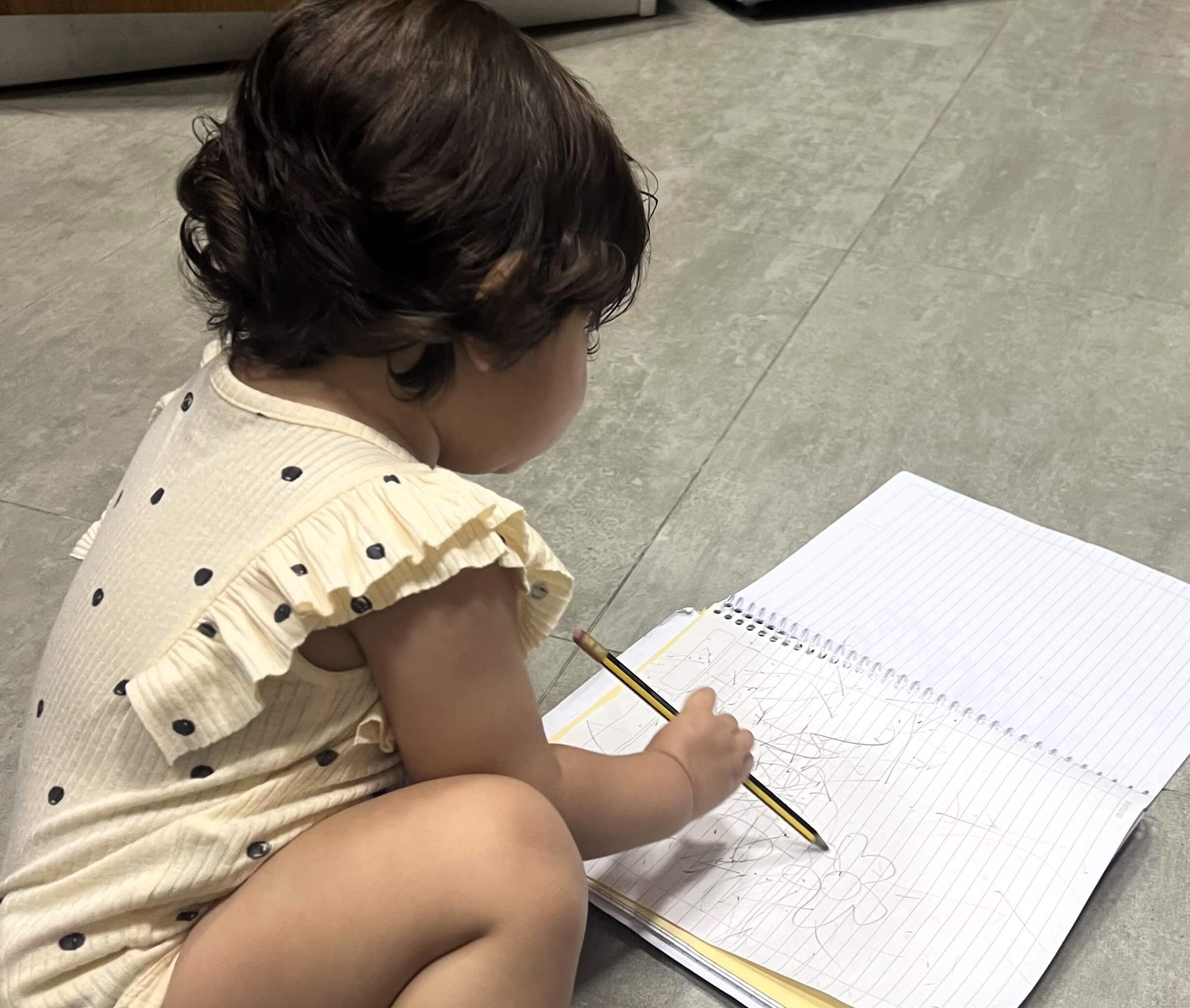Psychotherapy and Counselling:
Cognitive Behavioral Therapy (CBT):
CBT is a common treatment for anxiety. CBT teaches you to become aware of thoughts, feelings, and behaviours and how these work together. A goal of CBT is to identify, challenge and change the unhelpful patterns of thinking. CBT can help you identify problem behaviours and replace them with helpful coping strategies.
Mindfulness-Based Therapy (MBT):
A mindfulness-based approach helps you cultivate awareness around the sensations that arise when anxious or experiencing a panic attack. Rather than challenge thoughts, you are encouraged to remain fully present while adopting an attitude of curiosity and acceptance towards the feelings and sensations experienced in that moment, in this way the fearful thoughts that arise are let go and the physical symptoms subside.
CBT vs MBT:
The key difference between CBT and MBT is one of relationship: confrontation vs. a relationship of acceptance. Adopting a CBT approach you are invited to challenge, change and replace thoughts, which may contribute to ruminative thinking. Adopting a mindful approach you learn to relate to your anxiety and panic with acceptance and ease. By developing and cultivating awareness of your relationship to your anxiety and panic, you learn that a relationship of fear and avoidance only feeds and intensifies the anxiety and panic, whereas adopting an attitude of acceptance, “it is what it is and it will pass” eases symptoms and promotes well being.
Medication
Medication may be an option if the anxiety and panic is excessive and debilitating. Taking medication to manage anxiety is only a temporary way of easing symptoms; it is not a cure and may not completely eliminate symptoms. It can calm and render anxious thoughts less frequent or intense, and consequently make it easier to learn helpful coping strategies. Should medication be an option for you it is important to also consult a mental health professional to help you learn coping strategies to help you manage the anxiety and panic for the longer term.
Self-help strategies
Many different skills can help people manage anxiety, such as stress management, yoga, meditation, problem-solving, and relaxation. Practices that support wellness, such as eating well, exercising, having fun, and connecting with others, are also important.



